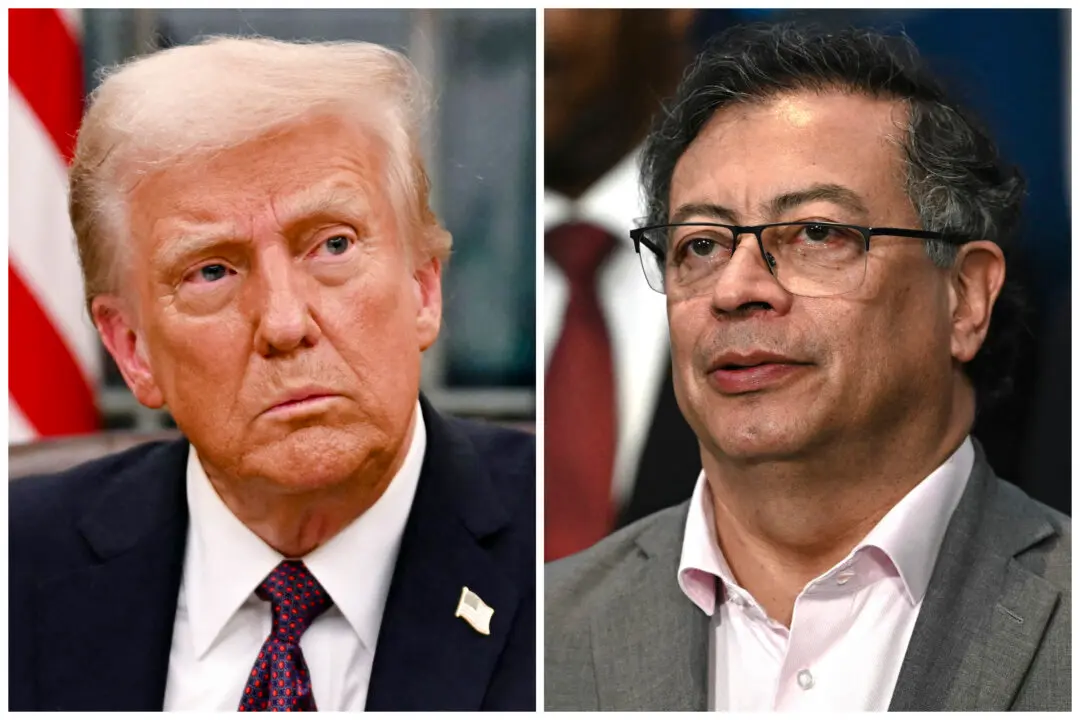The Melbourne Vietnamese community held a rally in Federation Square on Sept. 30 to protest against the invasion of Vietnam by the Chinese Communist Party through its “One Belt, One Road” project.
The organizers of the rally had a warning for anyone listening: if Australia does not guard against the influence of the Chinese Communist Party’s (CCP’s) soft power, it will become the next target of the communist regime.




